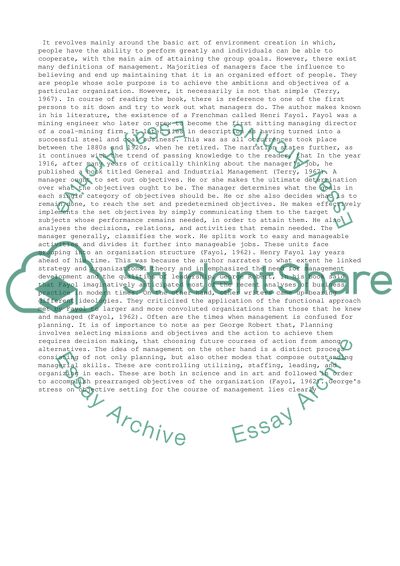Cite this document
(“Book review Report/ Example | Topics and Well Written Essays - 1250 words”, n.d.)
Book review Report/ Example | Topics and Well Written Essays - 1250 words. Retrieved from https://studentshare.org/management/1473079-book-review
Book review Report/ Example | Topics and Well Written Essays - 1250 words. Retrieved from https://studentshare.org/management/1473079-book-review
(Book Review Report/ Example | Topics and Well Written Essays - 1250 Words)
Book Review Report/ Example | Topics and Well Written Essays - 1250 Words. https://studentshare.org/management/1473079-book-review.
Book Review Report/ Example | Topics and Well Written Essays - 1250 Words. https://studentshare.org/management/1473079-book-review.
“Book Review Report/ Example | Topics and Well Written Essays - 1250 Words”, n.d. https://studentshare.org/management/1473079-book-review.


